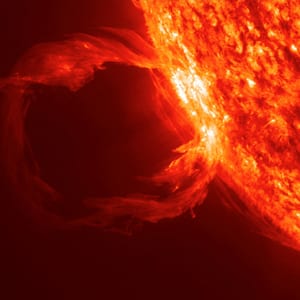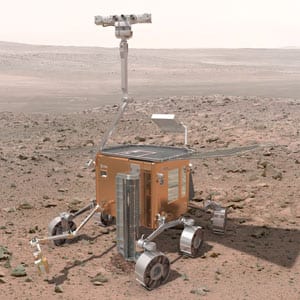Where are they? Are we alone? And when will we know?
By Rupert P Cole, on 7 September 2012
 “Dan? Dan? Dan? Dan? DAN? DAN? DAN? …” – Alan Partridge
“Dan? Dan? Dan? Dan? DAN? DAN? DAN? …” – Alan Partridge
The search for extra-terrestrial life isn’t exactly a success story. But our incessant desire to find some drives us to look. Wednesday night, a bunch of us crammed into Aberdeen’s Waterstones to hear UCL’s space scientist Dr Maggie Aderin-Pocock speak on the current chances of there being life “out there.”
Maggie’s main job in science has been in engineering satellites and telescopes – a talent she cultivated very early in her life. When she was 14 she built her own telescope, which was 150mm in diameter.
Besides The Clangers, she told us, this was her first real contact with space. Her enthusiasm and curiosity is inspiring. Recently awarded an MBE for her work in science communication, one of her outreach schemes takes school children on “Tours of the Universe”.
Luckily for us, then, our guide in our search for alien life had seen the universe, knew the sights, and even the lingo.
“I see myself as a translator, removing the jargon and highlighting the wonder” – she remarked in 2006, regarding her role as a recipient of the Science and Society Fellowship she holds at UCL.
Looking for life in the universe is, I imagine, a pretty arduous task. Since it’s a fairly big area to cover (billions of light-years), and getting bigger all the time, we might reasonably pose the question: where to start? (more…)
 Close
Close



